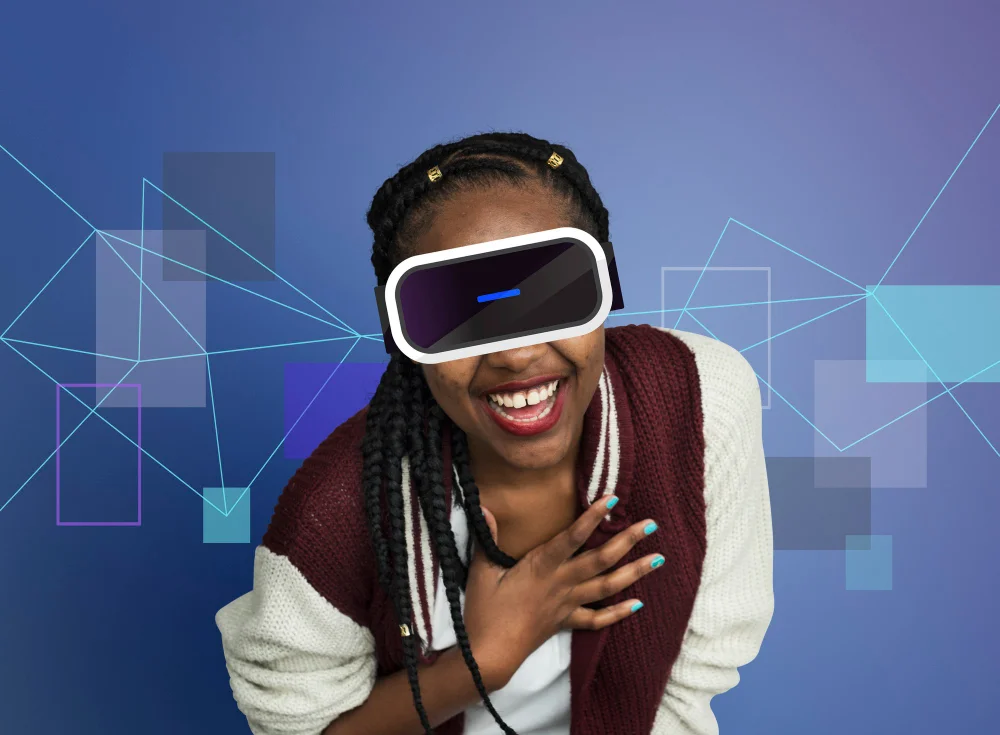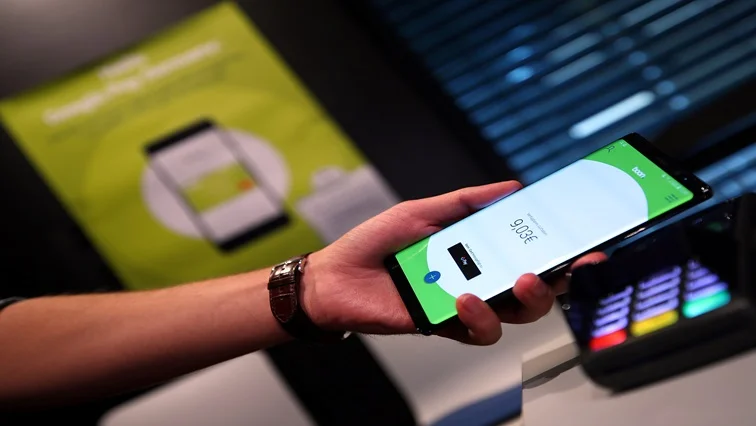In the evolving field of health technology, where innovation often gravitates toward complexity for its own sake, Mabel Ikoko has built her career on a different premise: that technology must first serve people before it serves platforms. Recognized for her ability to translate advanced digital capabilities into practical healthcare solutions, she has emerged as one of the most respected voices in the growing movement for patient-focused innovation across Africa.
Her professional journey spans business development, product development, and product management, each role sharpening her capacity to approach problems from both strategic and operational perspectives. Early in her career, she worked on initiatives that improved operational efficiency for healthcare providers, giving her insight into the bottlenecks and inefficiencies that often undermine patient care. She then transitioned into product development, leading the creation of tools that addressed diagnostic delays, care coordination gaps, and the lack of accessible patient data in many healthcare settings.
In her time as a product manager, she refined her ability to unite technical teams, healthcare practitioners, and business stakeholders behind a shared vision. She understands that the success of a health technology product depends on more than just its design, it requires alignment with user workflows, adherence to regulatory standards, and the capacity to scale without compromising quality. This combination of strategic foresight and technical understanding has defined her approach to every project she has led.
Her body of work includes mobile diagnostics solutions that reduce the time from testing to treatment, predictive tools that help identify high-risk cases earlier, and frameworks that enable healthcare teams to collaborate effectively across geographic and institutional boundaries. By prioritizing adaptability, she has ensured that these solutions function reliably in both resource-rich urban hospitals and low-resource rural clinics.
Her expertise extends beyond execution to thought leadership in the sector. She has contributed to policy dialogues on digital health governance, advocated for ethical AI integration into public health systems, and promoted training programs that equip healthcare professionals with the skills to adopt and maximize new technologies. Her work is marked by a consistent belief that innovation should empower, not overwhelm, the people tasked with delivering care.
In an industry where many pilots and prototypes fail to transition into long-term solutions, her projects stand out for their staying power. Her success lies in designing with context in mind, creating systems that anticipate the infrastructure, cultural, and operational realities of the environments in which they will be used.
As healthcare systems in emerging economies continue their shift toward digital transformation, the demand for practical, inclusive, and sustainable solutions is greater than ever. Through her leadership, hands-on project work, and unwavering focus on real-world impact, she is demonstrating that technology in healthcare can be both advanced and accessible, both innovative and deeply human.























